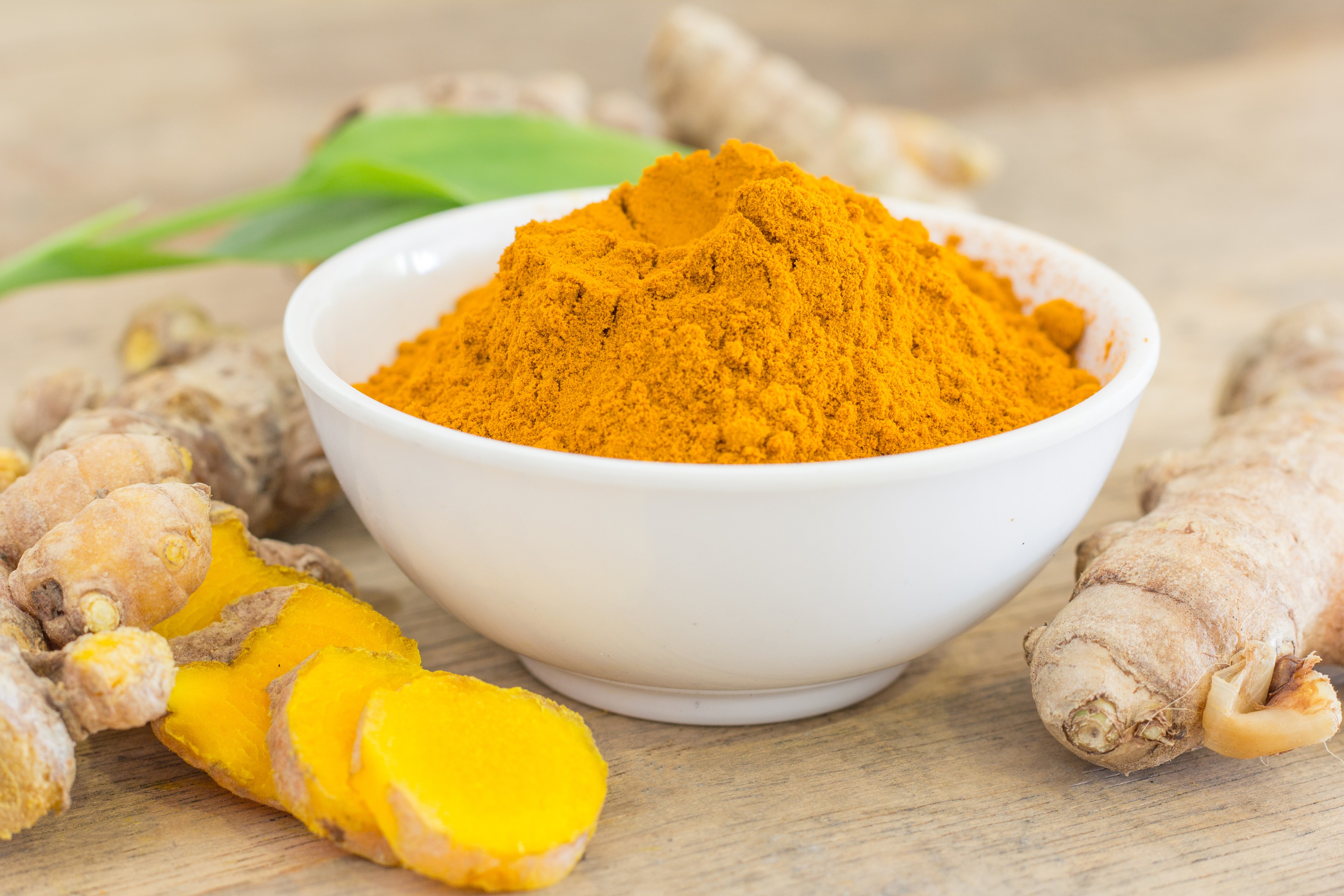What Is Ayurveda? Understanding the Doshas & Holistic Healing
Ayurveda is a 5,000‑year‑old holistic medical system originating in India, focusing on balance between mind, body, and spirit. It is based on five elements (earth, water, fire, air, ether) and three doshas: Vata, Pitta, and Kapha. Many Ayurvedic practices—diet, herbs, yoga, massage—have shown benefits for digestion, sleep, stress, and circulation.
The three doshas are believed to govern physiological activity: Vata (movement), Pitta (transformation), and Kapha (structure). Each person has a unique dosha constitution, and imbalances can lead to health issues. Ayurveda recommends personalized diet, lifestyle, and herbal remedies to restore balance.
Modern science is beginning to validate some Ayurvedic principles. For example, studies suggest that practices like yoga and meditation can reduce stress and improve well-being. Herbal remedies such as Ashwagandha and Triphala have shown promise for stress relief and digestive health.
If you're interested in Ayurvedic herbs, read our articles on Ashwagandha: Your Natural Stress Buster and Energy Booster and Triphala: The Ayurvedic Trio for Detox and Digestion.
While more large-scale clinical research is needed, small studies have suggested positive outcomes in osteoarthritis and diabetes. Ayurveda is best used alongside modern medicine—always talk to your healthcare provider before adopting new regimens.
For more on how Ayurveda can support your wellness, check out Discover the Power of Amalaki and Sharpen Your Mind with Brahmi.









